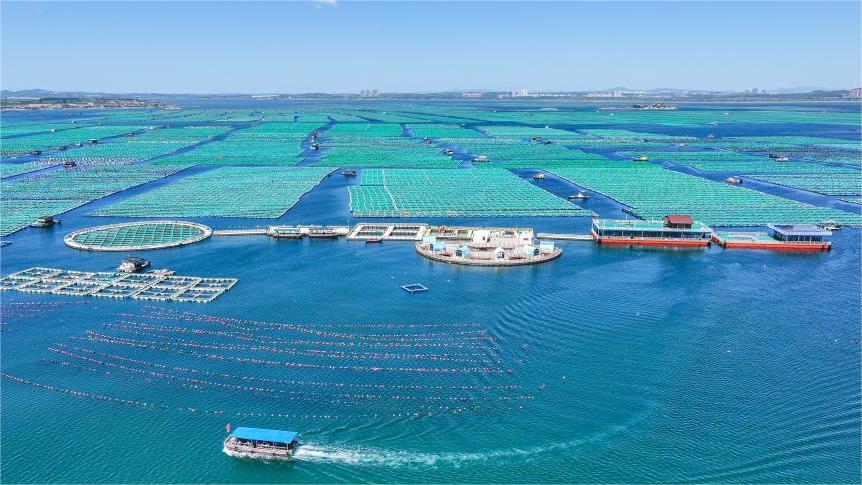Interview: Germany-China economic ties not "one-way street," says expert
FRANKFURT, May 17 (Xinhua) -- Eyeing enormous market opportunities, German firms are investing in China, a German business expert has said, noting that no company with a global perspective can stay away from China.
As Chinese investment gathers pace in European countries including Germany, it makes sense not to have a "one-way street" and thus German investment is making its way to China, Walter Doering, initiator and co-organizer of the Summit of World Market Leaders, now the largest of its kind that gathers business leaders and consultants in the German-speaking region, told Xinhua in a recent interview.
By investing in China, Germany's market leaders can produce and sell their products directly in the Chinese market, thereby strengthening and expanding their market share and finding new partners, while SMEs can make themselves known and grow, said Doering, also founder of the Academy of German World Market Leaders (ADWM) that co-organizes the summit.
Either by setting up branches, forging partnerships or by serving local customers, most of the top 500 world market leaders from Germany, among other successful companies, have established and expanded their presence in China, he noted.
As long as a company aspires to become international, China is a market that cannot be bypassed, said the former economy minister of the German state of Baden-Wurttemberg.
The China-Germany (China-Europe) Hidden Champions Forum 2024, also founded and co-organized by ADWM, kicked off in Beijing on Monday.
The two-day forum, attended by hundreds of business leaders from Germany and China, is "ideal" for German participants who are keen to know more about China and seek new business opportunities there, Doering said.
The forum is also "the right answer" to refute the so-called "decoupling" between the two sides, as German and other European business leaders are willing to cooperate to achieve prosperity across open borders, he added.
Doering pointed out that German and Chinese companies investing in each other's countries face language and cultural barriers and policy differences in various fields such as investment approaches and legal systems.
The measures taken by China to further promote exchanges with Europe, such as unilateral visa-free policy for some European countries, removal of all restrictions on foreign investment access in the manufacturing sector are of course very helpful and will facilitate cooperation, he said.
The ADWM, together with its partner in China -- the German-European SME Center -- has been prompting German SMEs and global market leaders to enter the Chinese market, and such collaboration is likely to bring about more deals and investments over the next few years, Doering said.
"Fortunately, a lot has developed positively there ... I am sure that we will be able to welcome even more German companies at the next international summit of world market leaders in China," he said.
Photos
Related Stories
- Germany sees surge in FDI projects from China: report
- Tech start-ups, SMEs to be main players in Sino-German cooperation: report
- Industrial scale of Sino-German cooperation in Beijing grows to 40 bln yuan
- China, Germany strengthen barley research cooperation
- China, Germany shore up synergy of green development
Copyright © 2024 People's Daily Online. All Rights Reserved.









